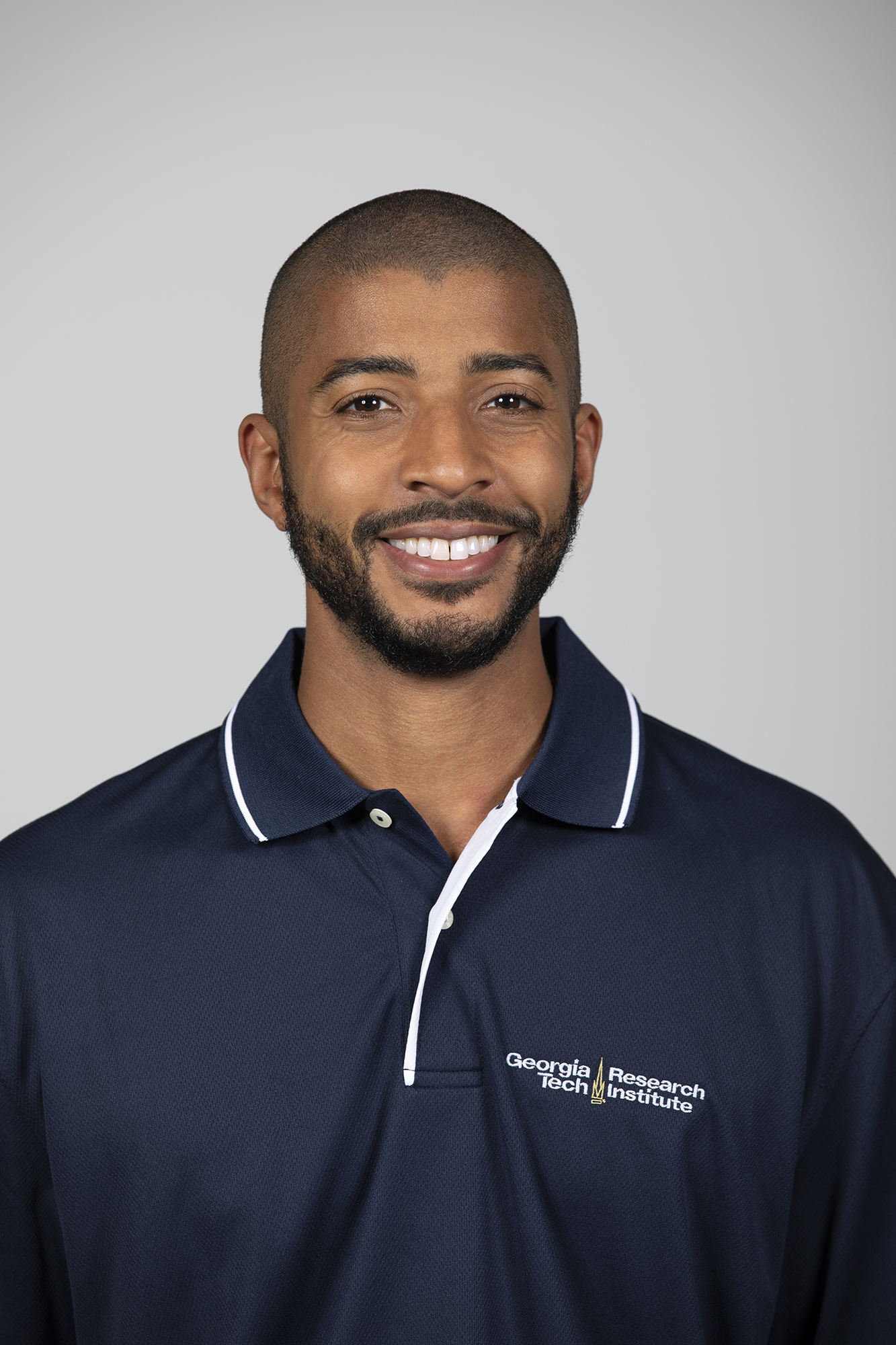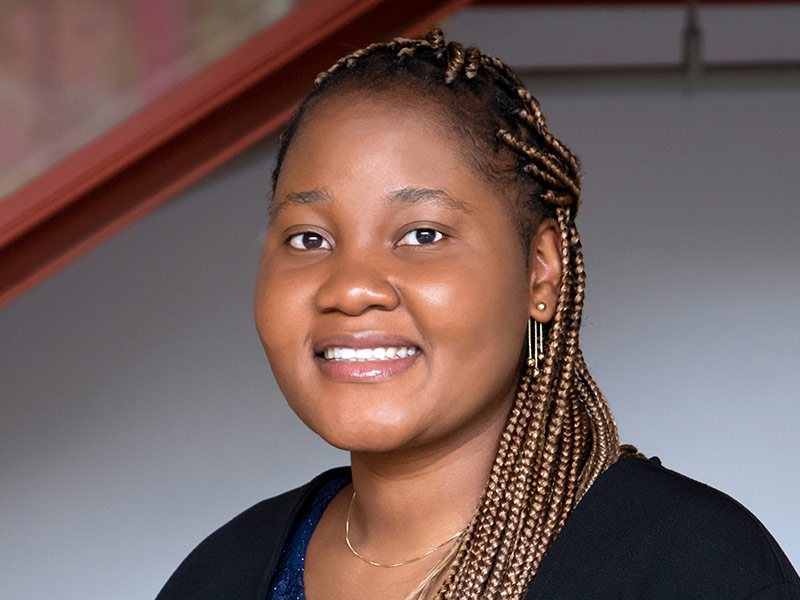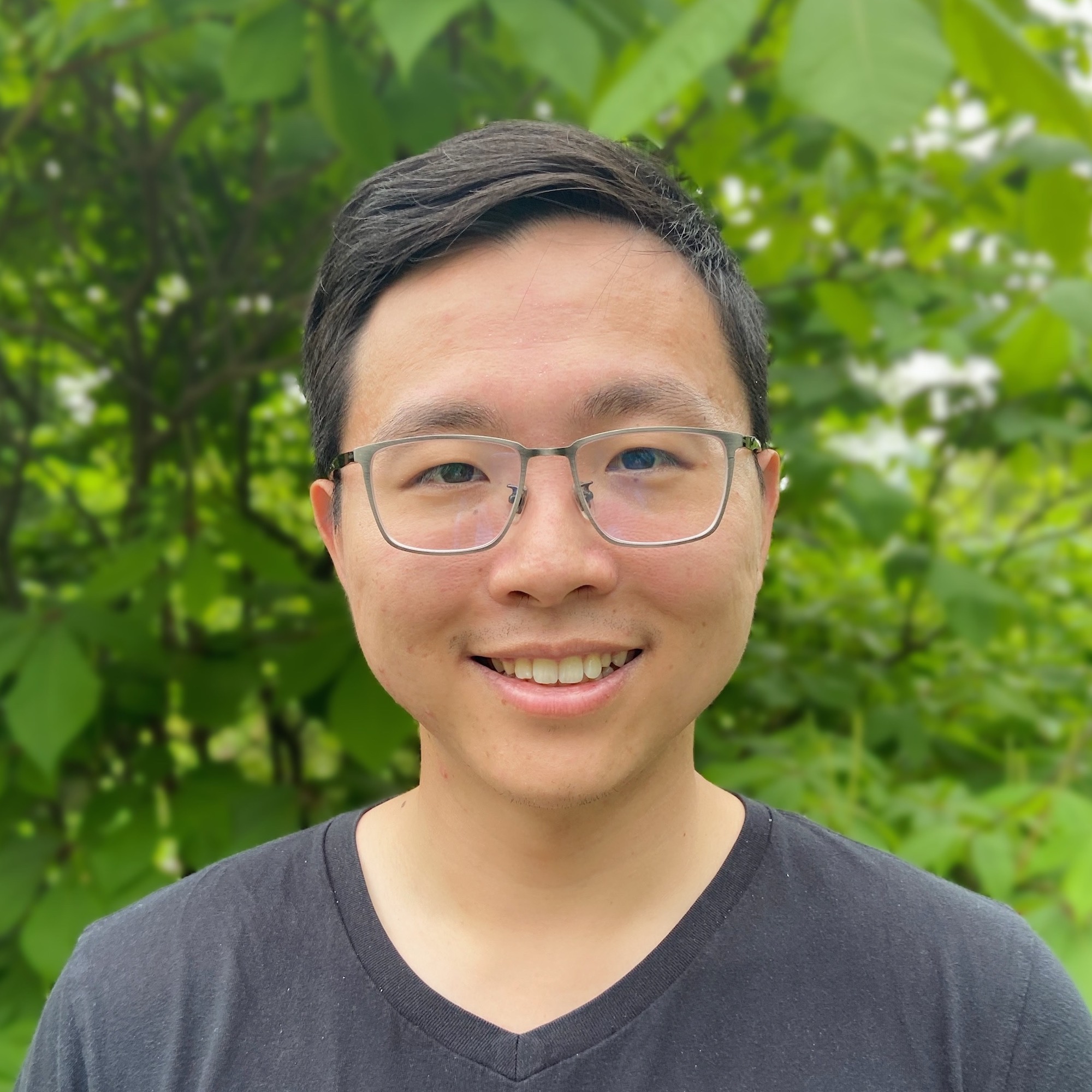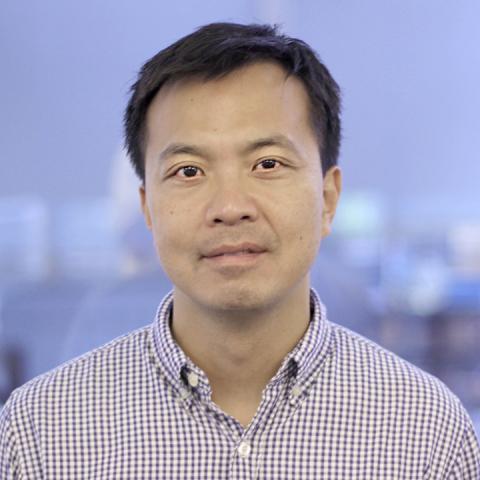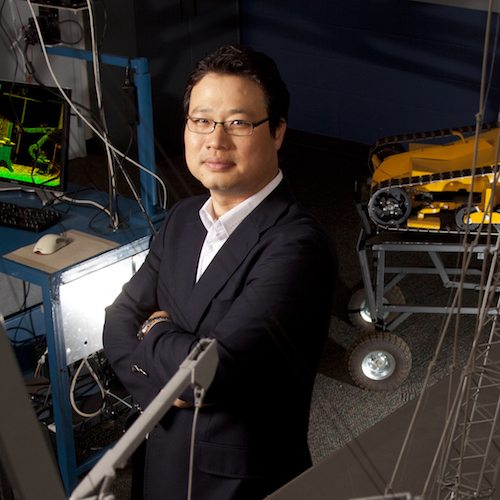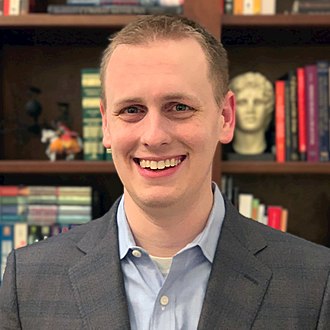Maegan Tucker
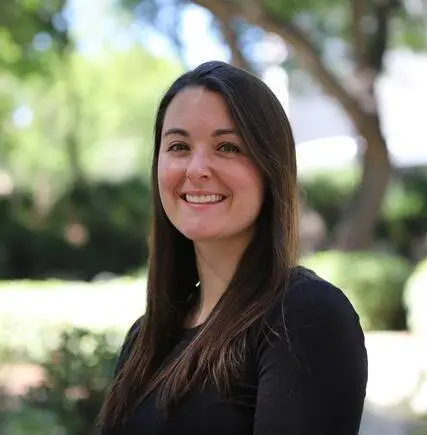
Maegan received her Ph.D. in Mechanical Engineering (ME) from the California Institute of Technology (Caltech) in May 2023. Prior, she also received a M.S. in ME from Caltech in 2019 and a B.S. in ME from Georgia Tech in 2017. After graduating with her Ph.D., Maegan conducted a brief postdoc at Caltech (May–August 2023), followed by a brief research position at Disney Research (September–December 2023). Generally speaking, her research interests lie at the intersection of control theory and human-robot interaction, with specific applications towards lower-limb assistive devices. Much of her research is centered around the question: “What is the right way to walk?”. In her free time, Maegan enjoys puzzles, playing video games, and the piano.
Maegan Tucker joined Georgia Tech as an assistant professor with joint appointments in the School of Electrical & Computer Engineering and the School of Mechanical Engineering in January 2024.
Lower-Body Assistive Devices Bipedal Locomotion Nonlinear Control Theory Human-Robot Interaction Preference-Based Learning Human Biomechanics

